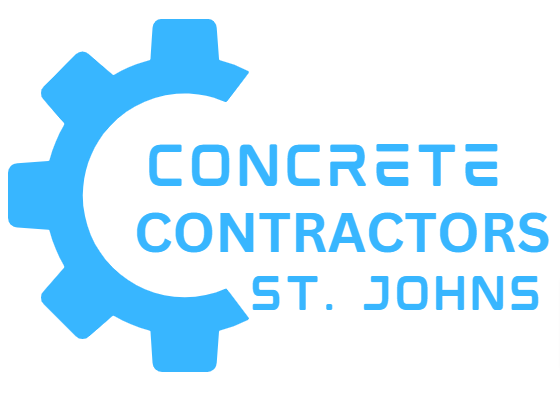The Benefits of Concrete in Industrial Flooring Solutions
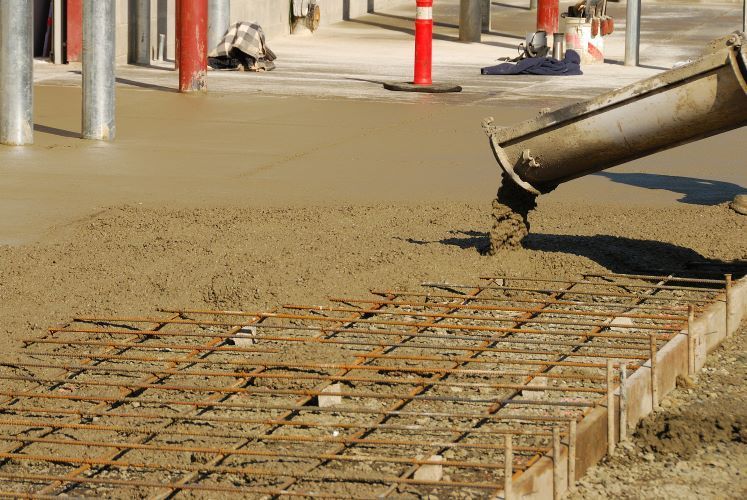
When it comes to industrial flooring, durability, strength, and long-term performance are critical. Concrete has become the go-to solution for a wide range of industrial settings, from warehouses to manufacturing plants. Concrete Contractors St. Johns, a trusted local concrete contractor in St. John's, Newfoundland, has extensive experience installing and maintaining industrial concrete floors. In this article, we'll explore the key benefits of choosing concrete for industrial flooring and why it's the preferred option for many businesses.
1. Unmatched Durability
Industrial spaces demand flooring that can withstand heavy loads, machinery, and high foot traffic. Concrete is known for its toughness and resistance to wear and tear, making it the ideal material for these environments. Unlike other materials that may chip, dent, or crack under pressure, properly installed and maintained concrete floors remain resilient, even after years of use.
Heavy-Duty Load-Bearing Capacity
Whether it's the weight of large equipment, forklifts, or stacks of materials, concrete flooring can handle heavy loads without showing signs of distress. This durability helps minimize maintenance costs and extends the lifespan of your floor, making it a long-term investment.
2. Low Maintenance
Concrete floors require minimal maintenance compared to other industrial flooring materials. Regular sweeping and occasional mopping are generally enough to keep concrete floors looking good and functioning effectively. This low-maintenance quality is particularly important in industrial settings where operational downtime is costly and time-consuming.
Sealing for Extra Protection
While concrete is naturally durable, sealing the surface can add an extra layer of protection against chemical spills, moisture, and dust accumulation. This makes maintenance even easier and extends the life of the floor.
3. Resistance to Chemicals and Moisture
Industrial environments are often exposed to various chemicals and liquids. Concrete is highly resistant to most chemical spills, making it an excellent choice for factories, laboratories, and warehouses where such substances are frequently used. When sealed properly, concrete also resists moisture, helping to prevent damage and deterioration over time.
Customized Coatings for Specific Needs
Concrete floors can be customized with coatings and sealants designed to enhance their resistance to specific chemicals or environmental conditions, such as oil, solvents, or extreme temperatures. This makes concrete a versatile solution for different industrial applications.
4. Cost-Effective Solution
While the upfront cost of installing concrete floors may be higher than some other materials, the long-term savings are significant. The low maintenance, durability, and longevity of concrete make it one of the most cost-effective flooring options for industrial spaces. Concrete's ability to withstand wear and tear without frequent repairs or replacements reduces long-term costs significantly.
Longevity Equals Savings
With proper care, concrete floors can last decades, often outliving other flooring materials. The long lifespan of concrete minimizes the need for replacements or major repairs, offering excellent return on investment for industrial businesses.
5. Enhanced Safety
Safety is a top priority in industrial environments, and concrete floors can be designed to meet specific safety standards. Concrete can be textured or treated to provide slip-resistant surfaces, reducing the risk of accidents in areas prone to spills or high foot traffic.
Fire Resistance
Another safety benefit of concrete flooring is its fire-resistant properties. In case of a fire, concrete floors can help prevent the spread of flames, offering an additional layer of protection for your facility and employees.
6. Sustainable and Environmentally Friendly
Concrete is an environmentally friendly choice for industrial flooring. The materials used to make concrete, such as cement, aggregates, and water, are widely available and have a lower environmental impact than some synthetic flooring options. Additionally, concrete’s thermal mass helps regulate indoor temperatures, contributing to energy efficiency.
Green Building Certifications
For companies aiming for sustainability certifications, concrete flooring can help meet the requirements for LEED (Leadership in Energy and Environmental Design) and other green building programs. Its durability means less need for repairs or replacements, reducing waste over time.
7. Customizable Appearance
Industrial spaces often prioritize function over aesthetics, but concrete offers the ability to combine both. Concrete floors can be polished for a sleek, modern look or stained to add color and visual appeal. For industries that welcome clients or visitors, such as distribution centers or showrooms, this customizable appearance adds an extra dimension to the space.
Polished Concrete for a Professional Finish
Polished concrete is a popular option for industrial floors, providing a glossy, reflective surface that is not only attractive but also easy to clean. This finish is ideal for spaces that need to balance aesthetics with functionality.
Conclusion
Concrete flooring is a versatile, durable, and cost-effective solution for industrial spaces. Whether you are building a new facility or upgrading an existing one, concrete offers unmatched benefits in terms of longevity, low maintenance, safety, and environmental impact. Concrete Contractors St. Johns has the expertise to install and maintain concrete floors that meet the specific needs of your industrial facility, ensuring a high-performing, long-lasting flooring solution.
If you're considering upgrading your industrial floors, contact Concrete Contractors St. Johns today to learn how concrete can benefit your space.



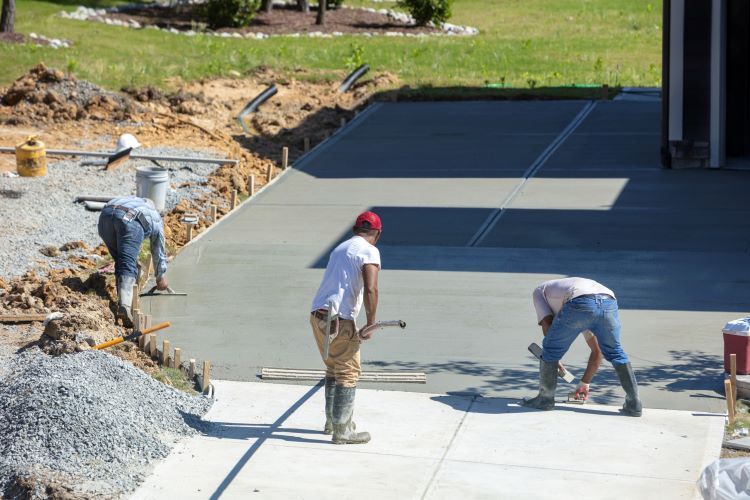
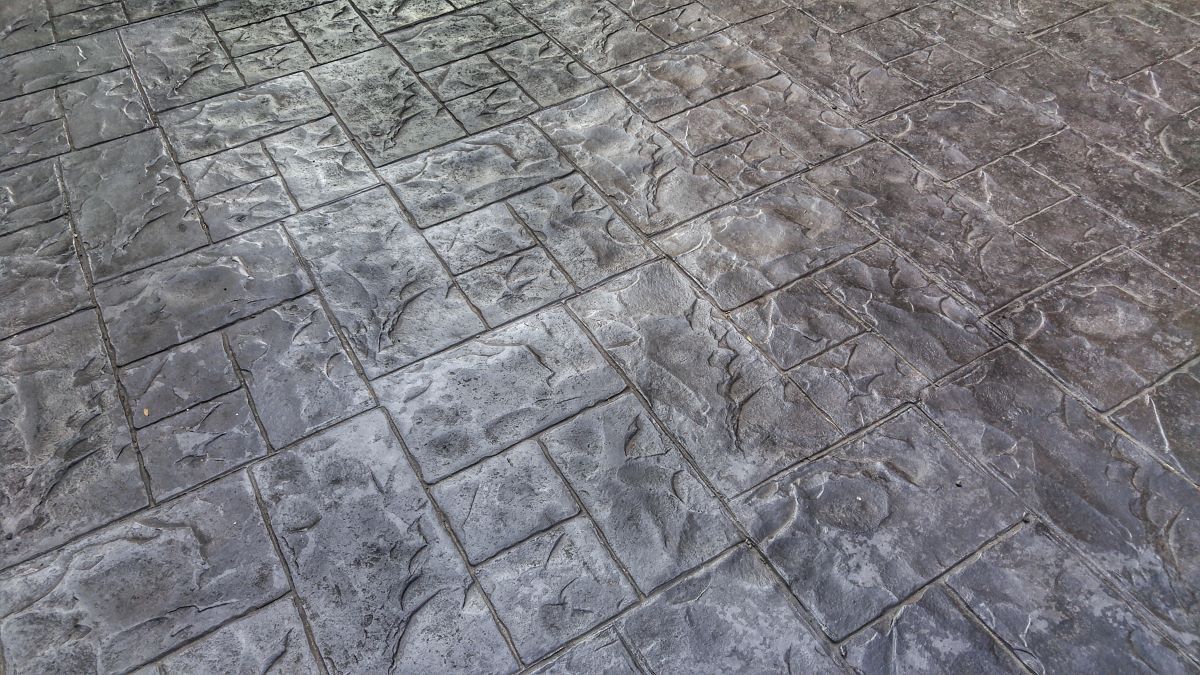





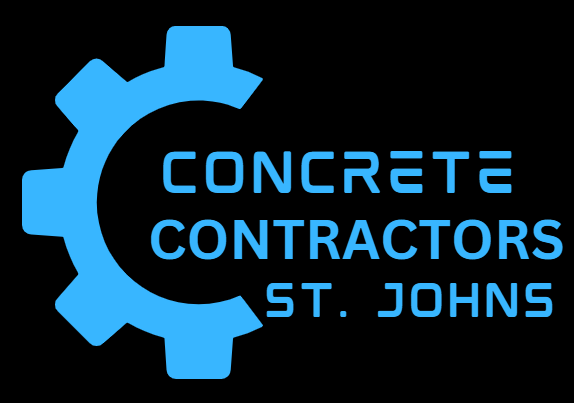
Main Office
St. John's, Newfoundland
New Paragraph
